Category: Arts & Culture
-
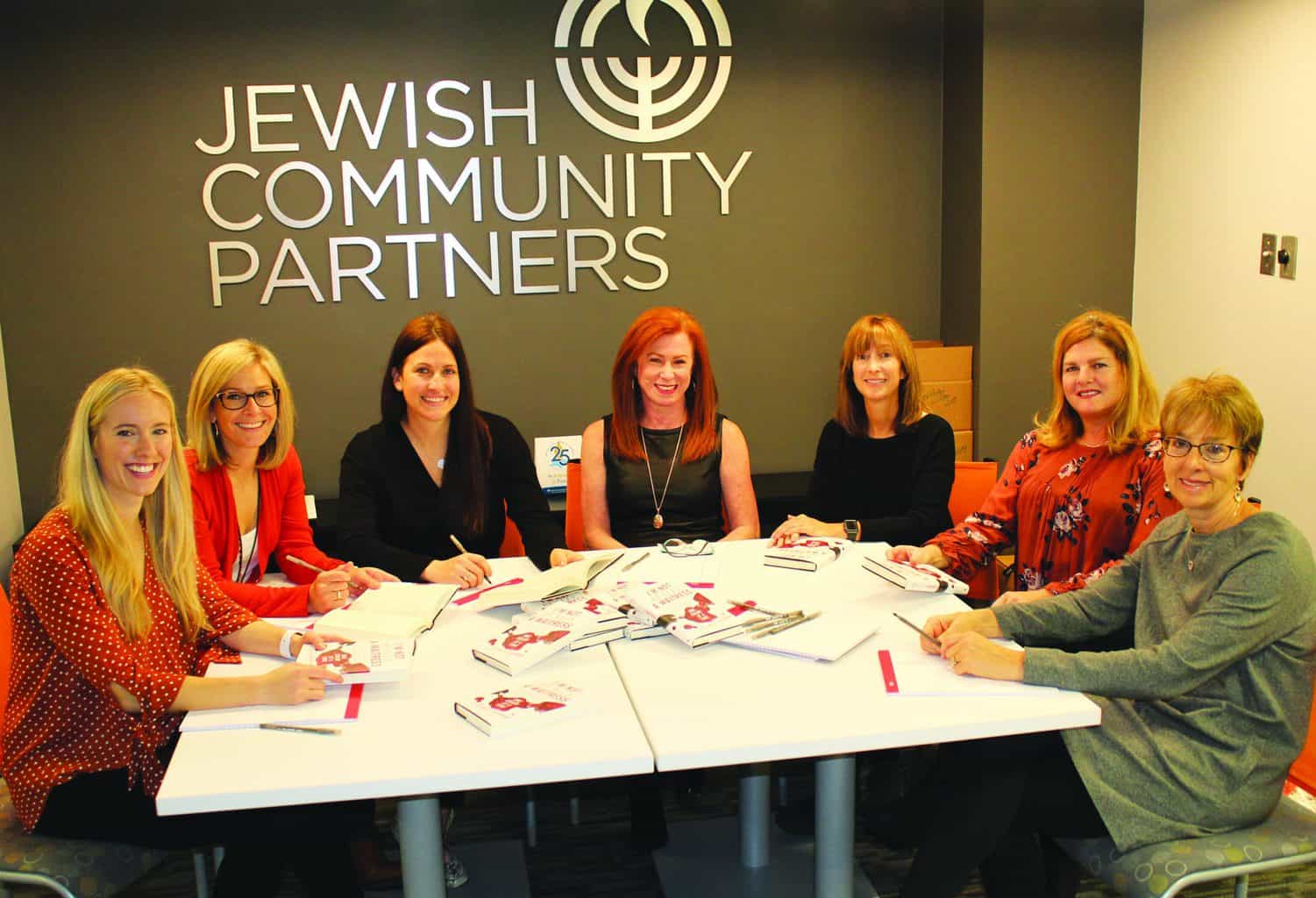
Memphis Jewish Federation Plans Impactful Women’s Event to Support Jewish Needs Locally and Globally
Excitement is in the air as plans are underway for Memphis Jewish Federation’s Women’s Impact Luncheon featuring OPI Nail Lacquer co-founder and brand ambassador Suzi Weiss-Fischmann. Learn more and buy tickets. This donor appreciation event comes on the heels of two recent Memphis Jewish Federation (MJF) women’s mission trips to…
-
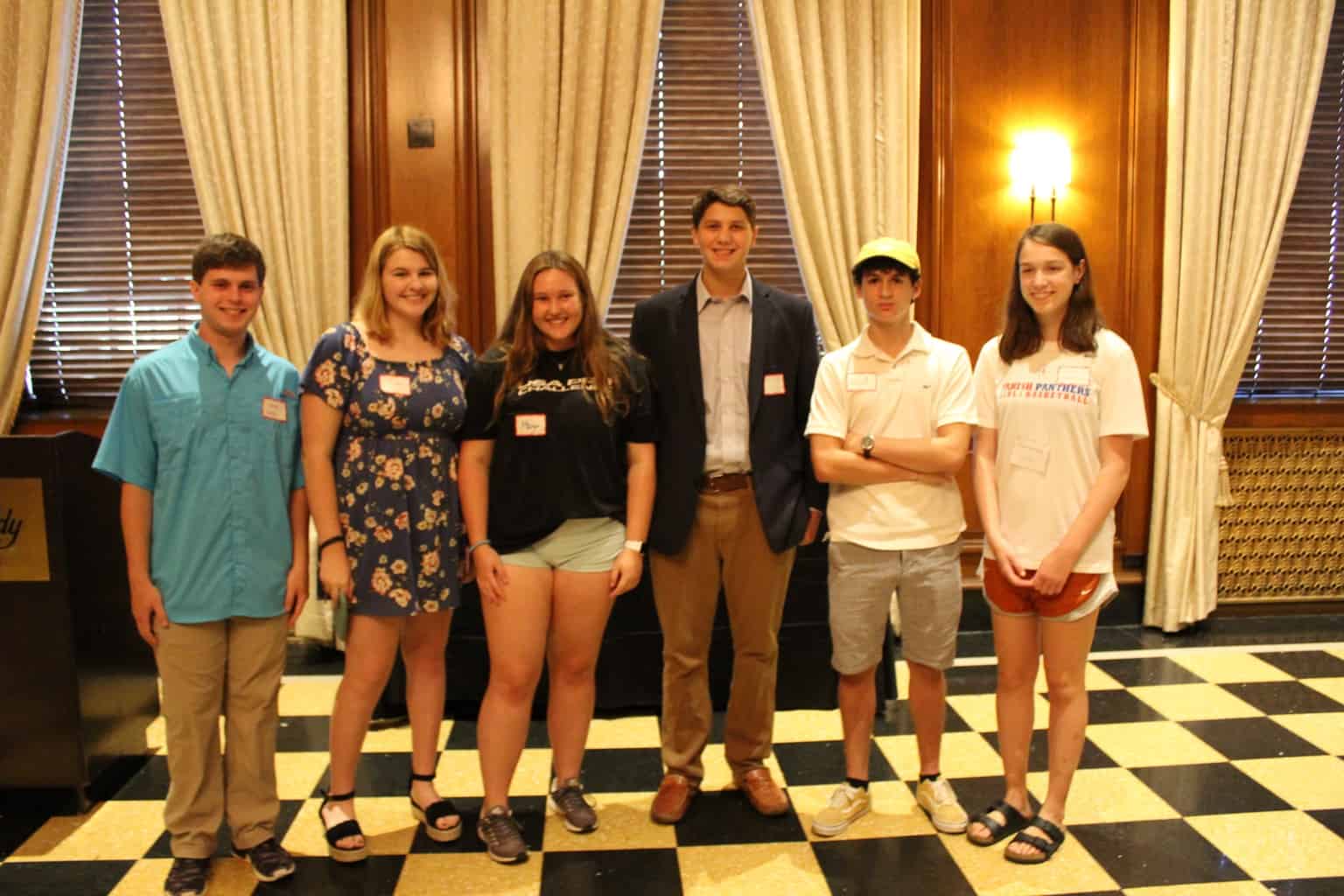
Jewish Community Fellowship Helps Rhodes Students Make Connections with Jewish Memphis
One of the many ways we help the Memphis Jewish community thrive is by creating opportunities for community members to find meaningful involvement in Jewish experiences. In 2016, we helped launch a program designed to help engage college students, the Jewish Community Fellowship at Rhodes College. In support of…
-
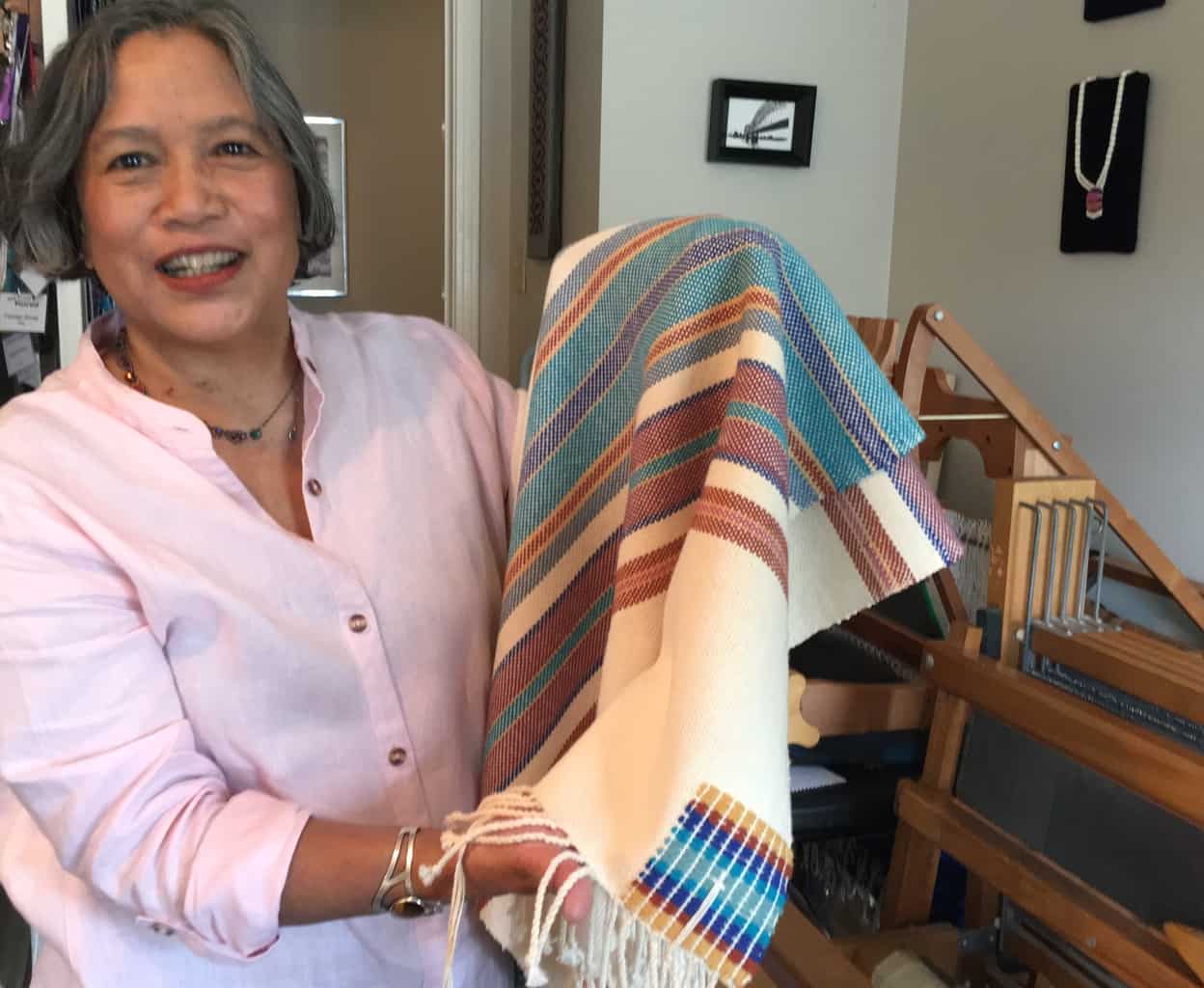
Faces of Memphis and Shoham: Felicitas Sloves
Part of Memphis Jewish Federation’s ongoing efforts to connect Memphis and Israel, the 70 Faces of Memphis and Shoham project was designed to form real connections between the people of Jewish Memphis and the people of Shoham, Israel, Memphis’s partner city through the Jewish Agency for Israel’s Partnership 2Gether program. The project…
-
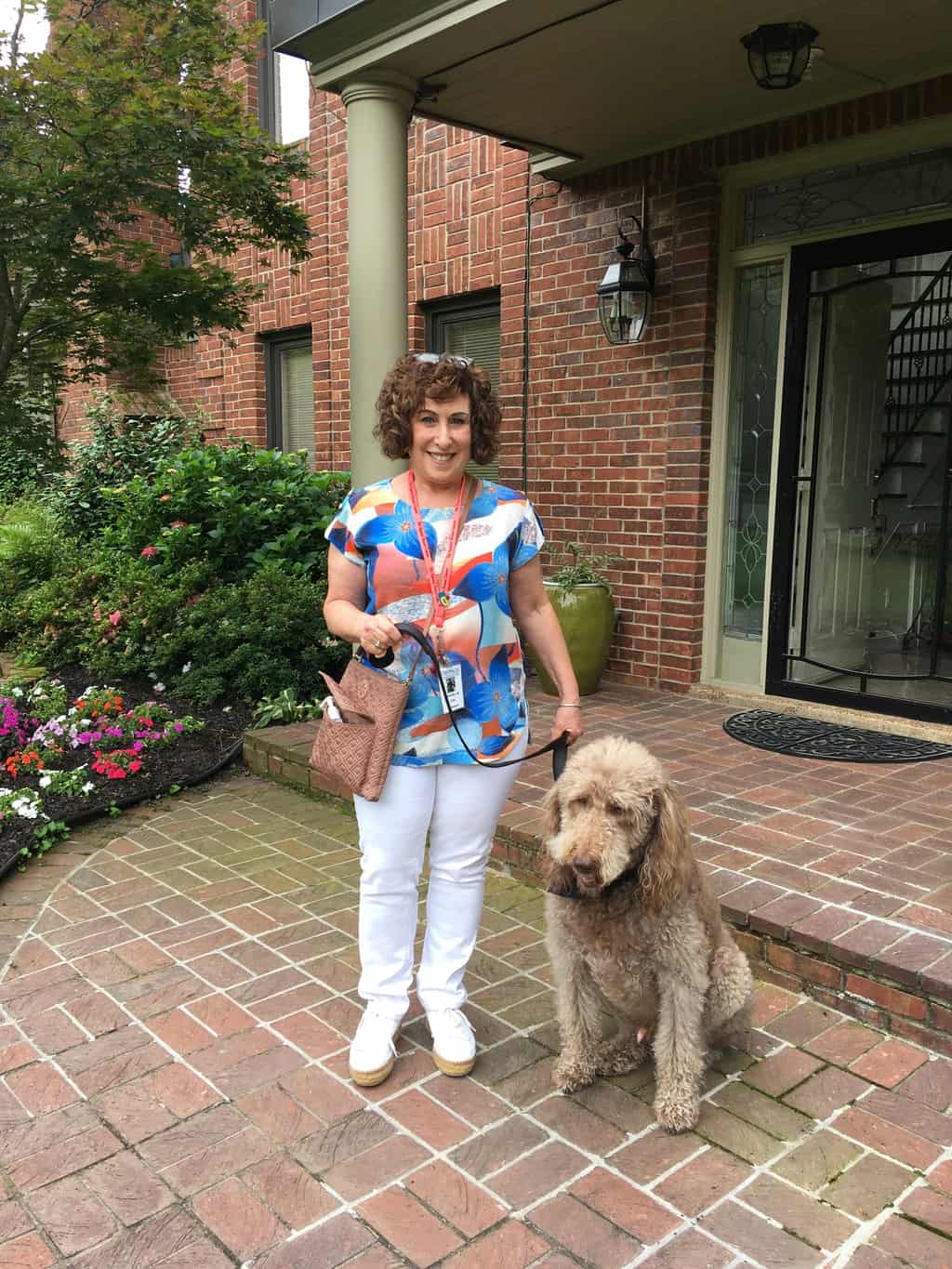
Faces of Memphis and Shoham: Dorothy Goldwin
Part of Memphis Jewish Federation’s ongoing efforts to connect Memphis and Israel, the 70 Faces of Memphis and Shoham project was designed to form real connections between the people of Jewish Memphis and the people of Shoham, Israel, Memphis’s partner city through the Jewish Agency for Israel’s Partnership 2Gether program.…
-
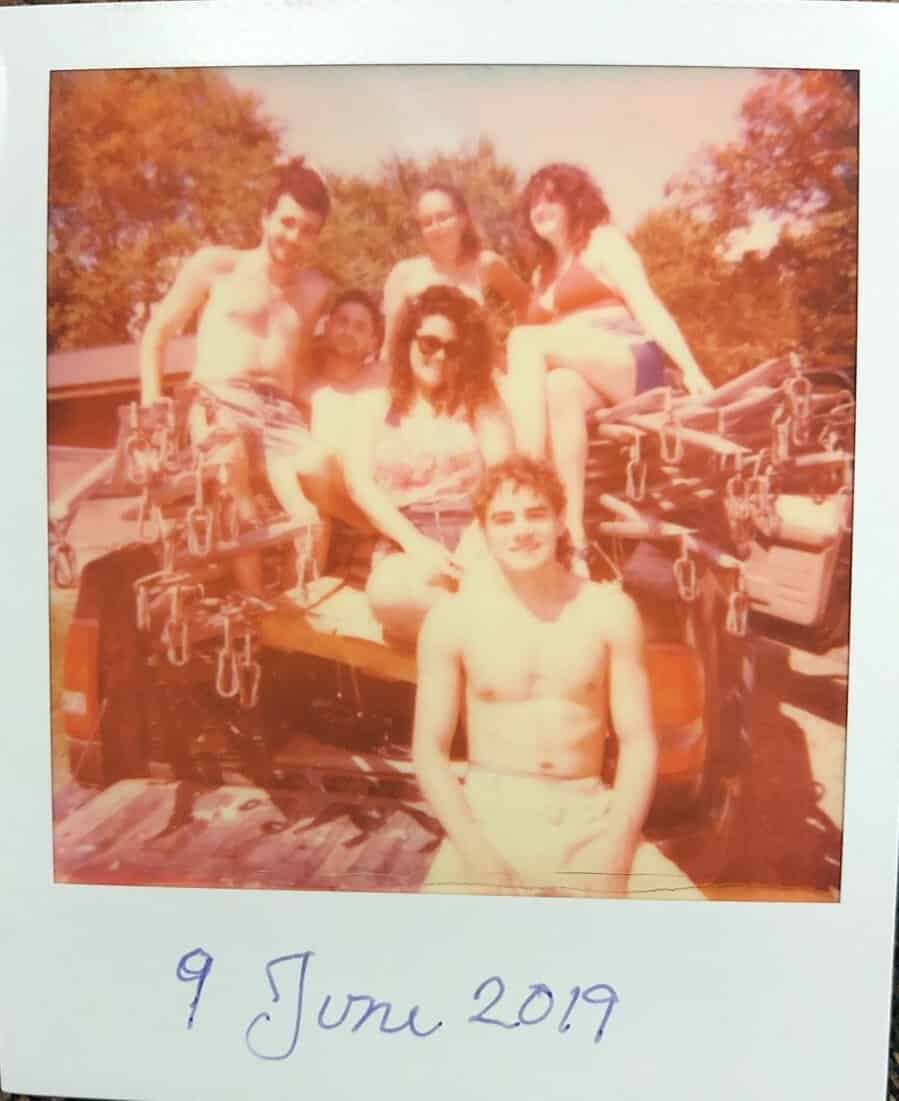
Jewish Summer Camp: Shaping the Next Generation
By Aaron Salomon Through your donations to our Annual Community Campaign, Memphis Jewish Federation provides scholarships and other support to Jewish summer camps, Jewish schools, and MJCC’s day camp for hundreds of young Jewish Memphians each year, connecting our next generation to meaningful Jewish experiences that shape their future. Aaron…
-

Faces of Memphis and Shoham: Dessie Sewell
Part of Memphis Jewish Federation’s ongoing efforts to connect Memphis and Israel, the 70 Faces of Memphis and Shoham project was designed to form real connections between the people of Jewish Memphis and the people of Shoham, Israel, Memphis’s partner city through the Jewish Agency for Israel’s Partnership 2Gether program.…
-
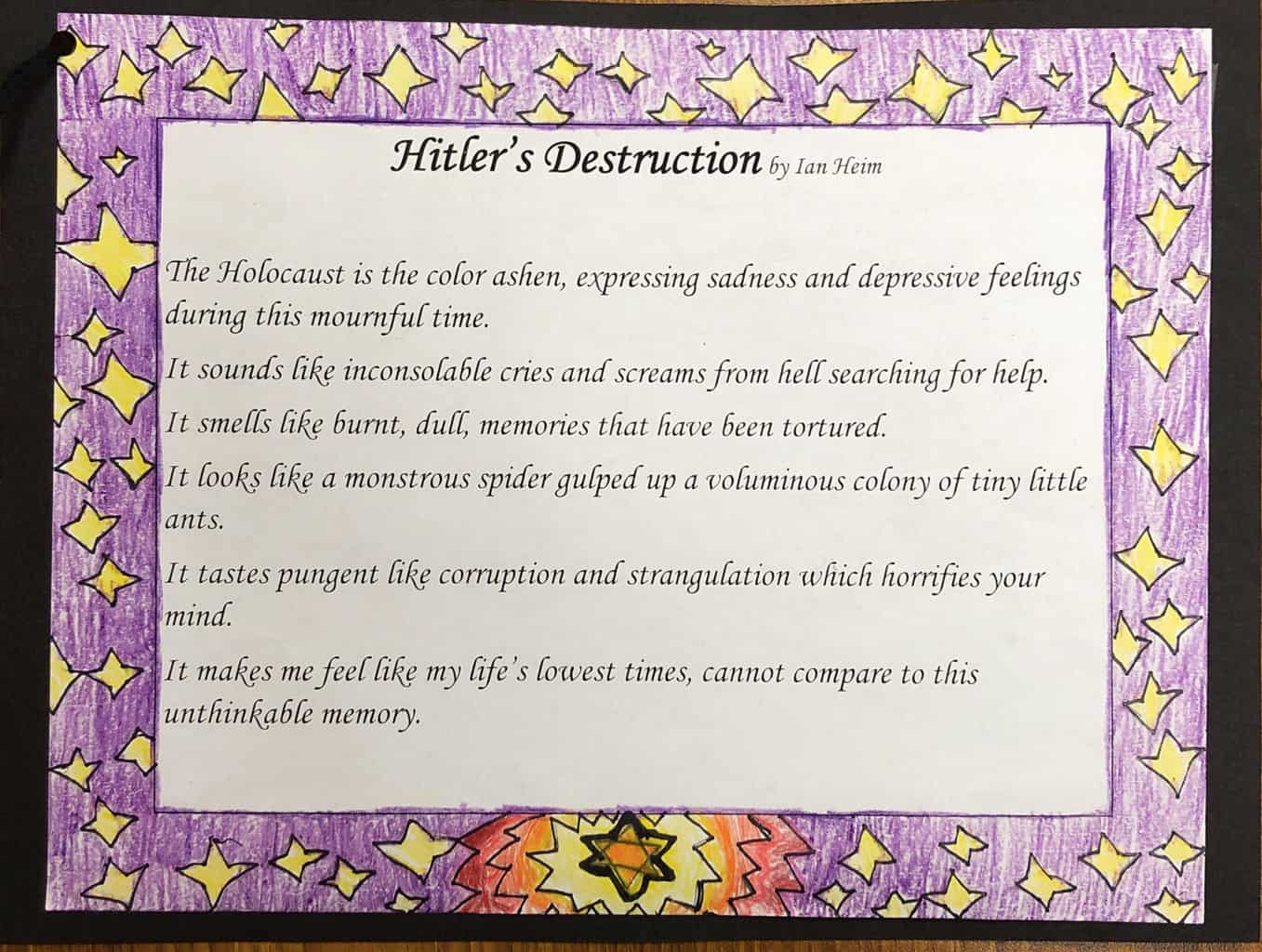
Despair and Depression Hang on the Guarded Gates: JCP Connects Young Poets to Memories of the Holocaust
By Gila Golder Despair and depression hang on the guarded gates, while the beating wind often knocks the people down into the muddied waters of tears. More people should have helped fight for the Jews’ freedom. These impassioned words are taken from poems written by young students in Memphis who…
-
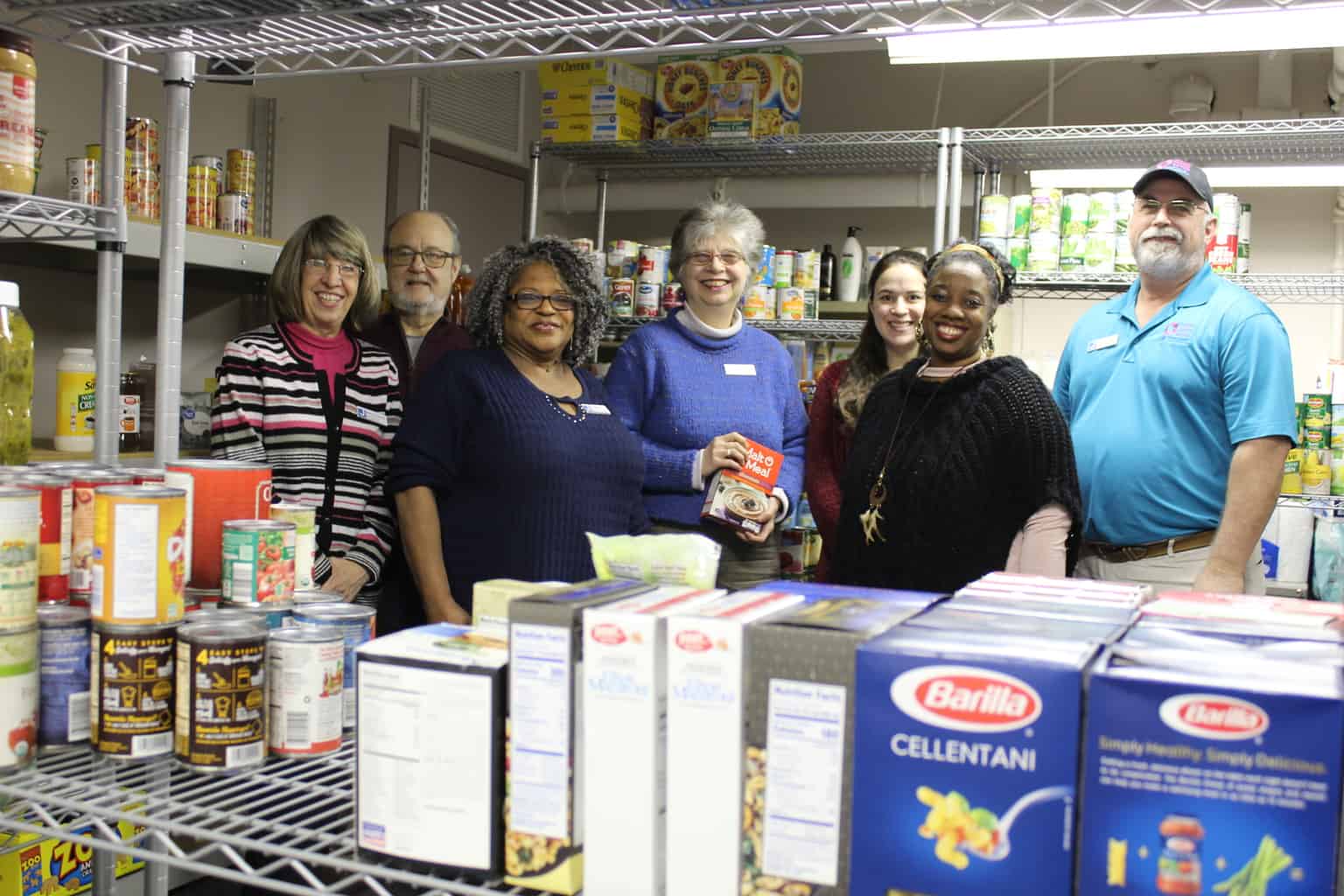
Working Together to Serve the Most Vulnerable
By Laura Linder and Larry Skolnick Pictured above: Jewish Family Service staff members Mary Elizabeth Jones, Bill Monroe, Teresa Hughes, Audrey May, Rashki Osina, Miriam Cauley-Crisp, and Dale Steele pose for a photo in the JFS Kosher Food Pantry. With the MJCC managing JFS and Memphis Jewish Federation securing the…
-
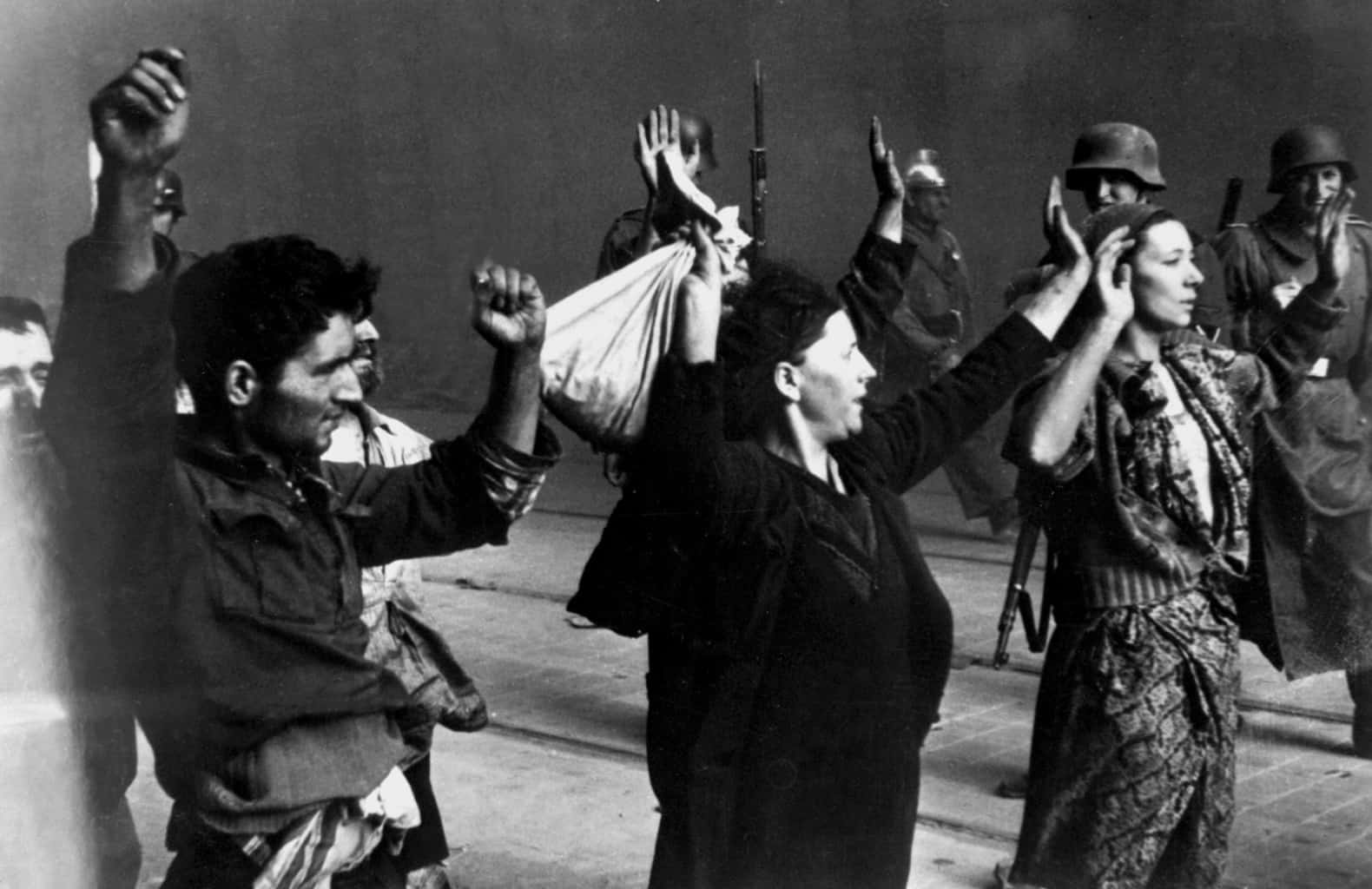
Sustaining Culture and Community: The Many Faces of Resistance in the Warsaw Ghetto
This year’s winning entry in Memphis Jewish Federation’s 10th Annual Holocaust Essay contest was written by Nashville resident and Franklin High School 12th Grader Jake Bengelsdorf. He traveled to Memphis to read this essay at Yom HaShoah, which took place Thursday evening. There is one course of action so powerful…
-
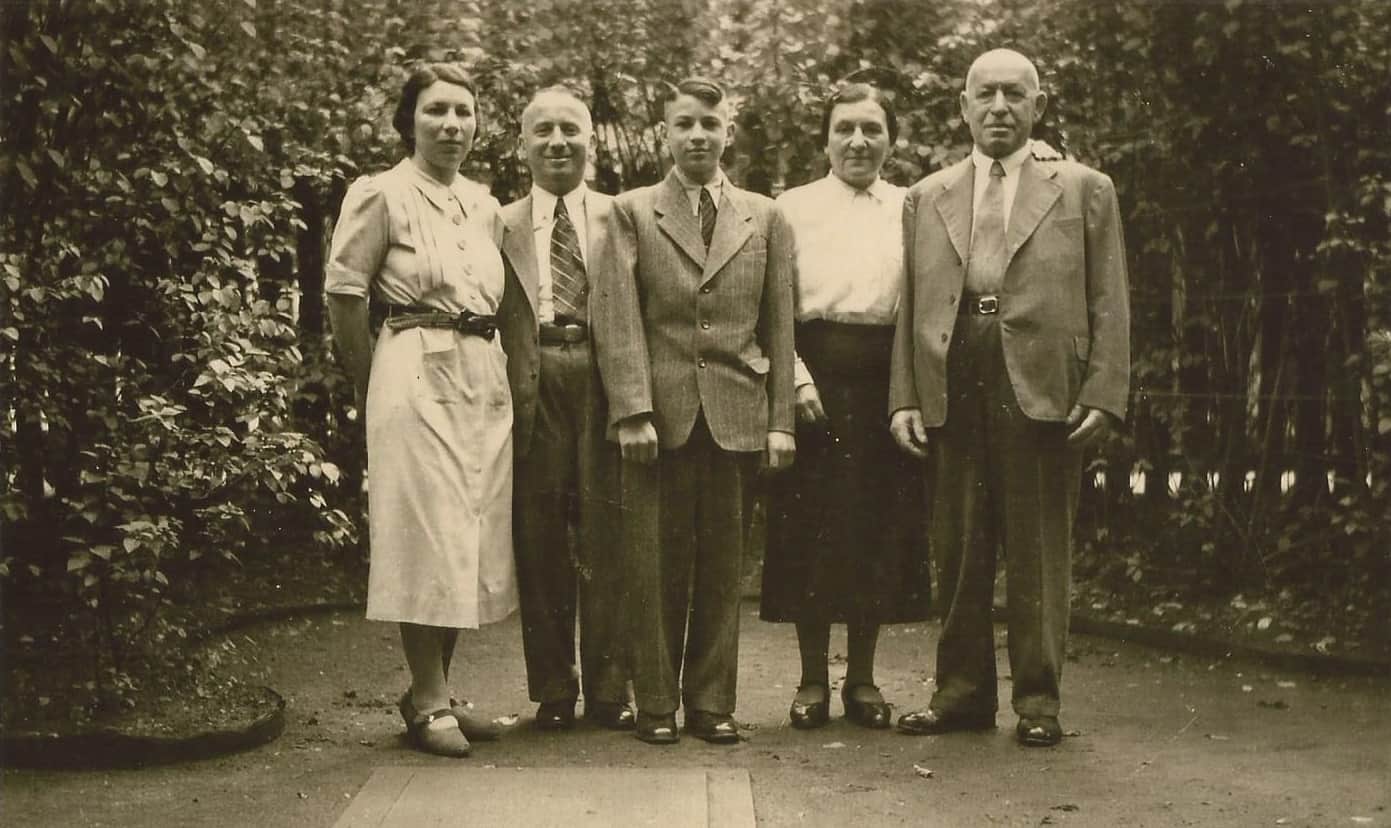
Warren Kramer: A Survivor’s Story
95-year-old Warren Kramer, pictured above in his youth with his parents and grandparents, spends the colder half of each year in Memphis with his daughter, Adina Samberg, and her family, living in New York City with his other daughter Evelyn Moskowitz for the spring and summer months. Jewish Community Partners…